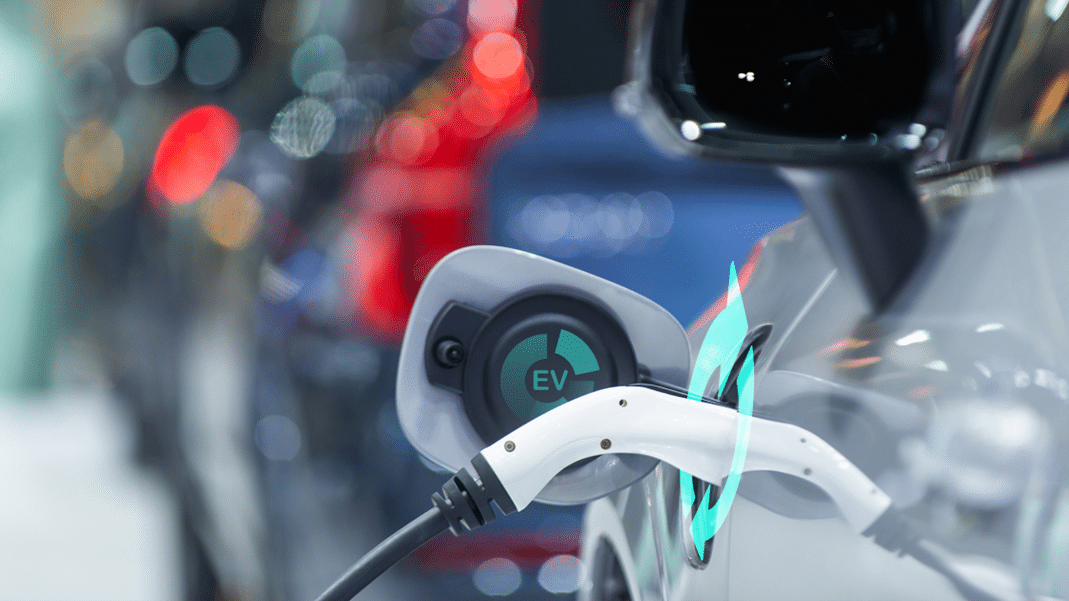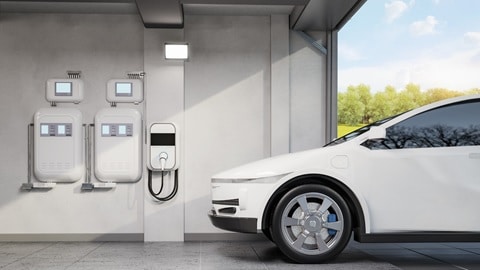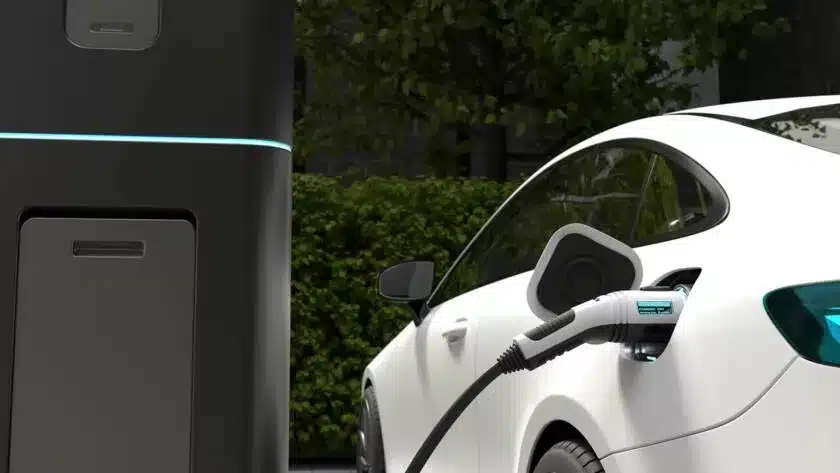Preserving the life of electric vehicle (EV) batteries is crucial for maintaining their performance and prolonging their lifespan. While calendar aging is a primary factor in battery degradation, other elements, such as temperature and charging habits, also play a significant role. Here are some essential tips and best practices for ensuring optimal battery life.
1. Protect Your Battery from Extreme Temperatures
Extreme heat can cause significant harm to your electric vehicle battery, particularly when the vehicle is parked and unplugged. To prevent unnecessary battery drainage and keep temperatures at optimal levels, park your EV in a shaded area or use a plug-in charger that allows the thermal management system to function on grid power. This helps maintain a stable temperature range during operation.
2. Avoid Overcharging Your Battery
EVs come equipped with battery management systems designed to prevent excessive charging and discharging. Maintaining a middle range of battery charge, between 0 and 100 percent, ensures better battery performance and a longer lifespan. While fully charging your battery may seem like the best way to maximize driving time, doing so regularly can adversely affect your battery’s life.
3. Limit the Use of Fast Charging
Fast charging, while convenient, strains your EV battery by sending a high amount of current into it in a short period. Over time, this process can accelerate battery degradation, diminishing its overall life expectancy. Compared to eight years of standard charging, consistent use of fast charging may result in a 10% shorter battery life.
4. Maintain Optimal Battery Charge During Long-term Storage
Leaving your EV parked or stored with an empty or full battery can further contribute to battery degradation. If you don’t use your EV often or plan to store it for an extended period, invest in a timed charger that allows you to charge your battery periodically. Avoid leaving your vehicle at a 100 percent charge when parked for long durations, as this can affect the battery’s ability to preserve its optimal state.
5. Perform Regular Maintenance and Monitoring
Although EV batteries don’t require frequent maintenance, it’s essential to keep an eye on the battery’s health and ensure that the cooling system, charging equipment, and other related components are well-maintained. Regularly inspecting connectors, chargers, and cooling system components will help identify issues early and prevent more significant, costly repairs in the future.
6. Practice Gradual Acceleration and Deceleration
Aggressive driving, including rapid acceleration and hard braking, can also put additional strain on your EV battery, leading to faster degradation. Adopt a smoother driving style that focuses on gradual acceleration and deceleration, which not only preserves your battery life but also enhances overall driving enjoyment and efficiency.
7. Utilize the Built-in Battery Management Features
Many electric vehicles come with pre-programmed battery management features that help you get the most out of your battery. These may include scheduled charging, eco-driving modes, and energy-saving options that disable unnecessary functions when not in use. Familiarize yourself with these features and make use of them to extend your battery’s longevity further.
By incorporating these additional tips into your regular EV usage, you can optimize the life and performance of your electric vehicle’s battery. With proper care and attentiveness, you can ensure that your investment remains efficient and enjoyable for years to come.






